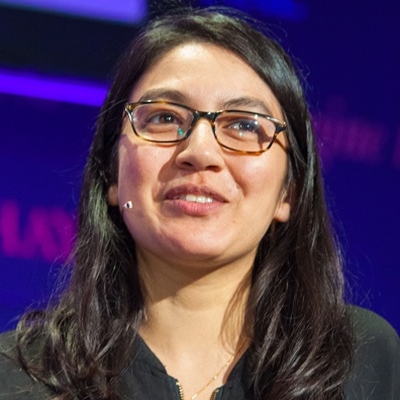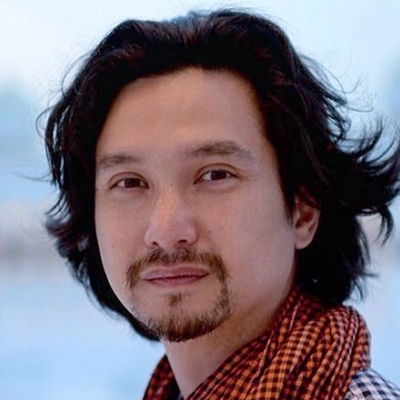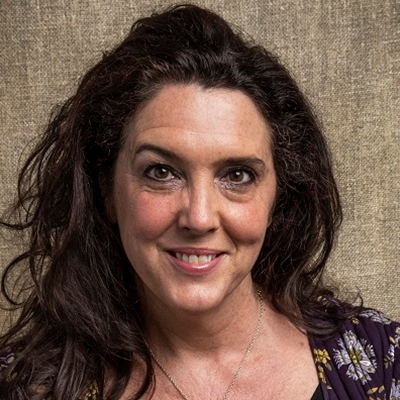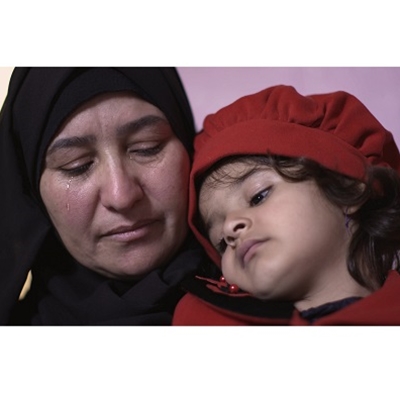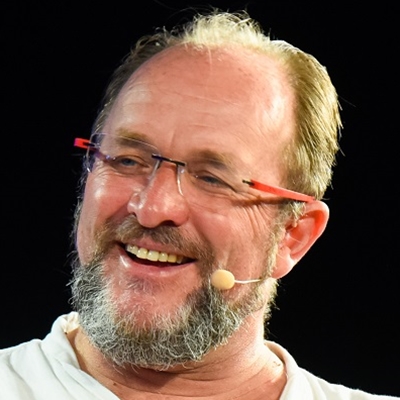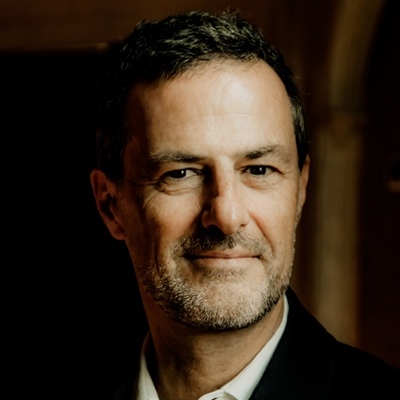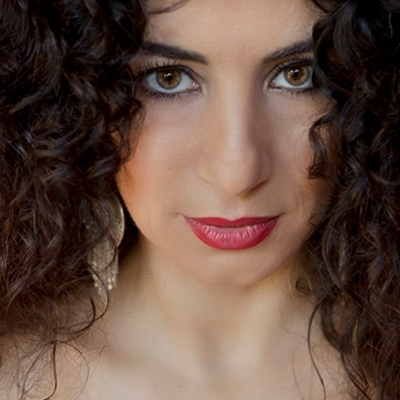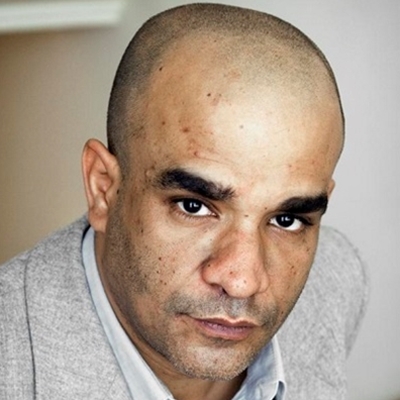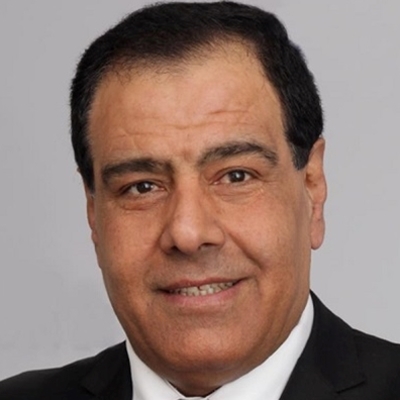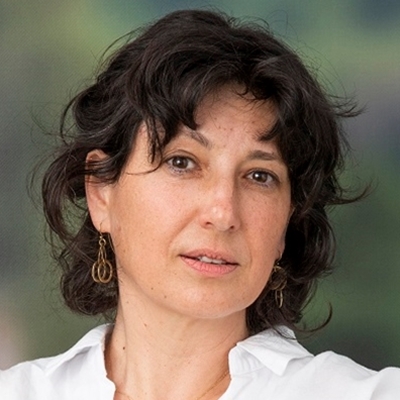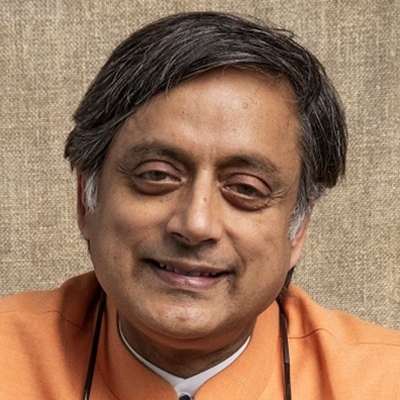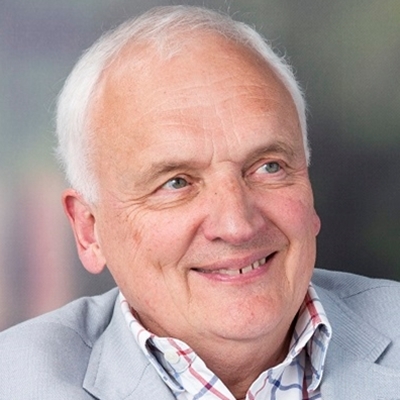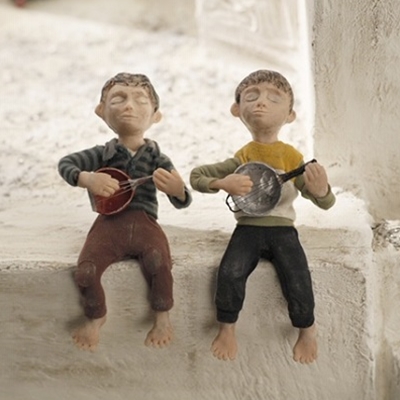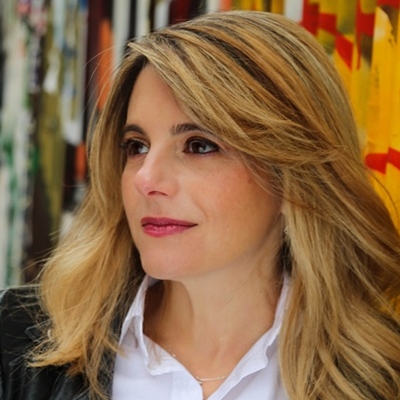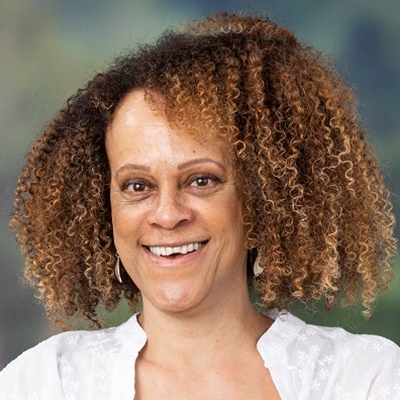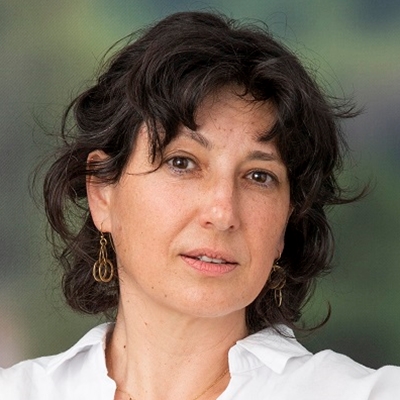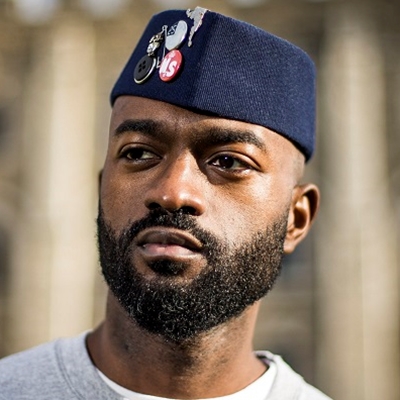Hay Festival Abu Dhabi 2020 Programme
World Affairs
Event 2
Following the Silk Roads eastwards from Europe through to China, by way of Russia and the Middle East, The New Silk Roads provides a timely reminder that we live in a world profoundly interconnected. In this prescient contemporary history, the author assesses the global reverberations of these continual shifts in the centre of power.

Event 5
The classicist and historian tells the story of extraordinary, transformative projects helping refugee stonemasons to begin to rebuild the shattered treasures of Syria. The new trainee masons, artisans and artists are both women and men. The lecture is illustrated with film footage from Hughes’ documentaries about the project.
Hughes’ books include Istanbul, The Hemlock Cup and Helen of Troy.
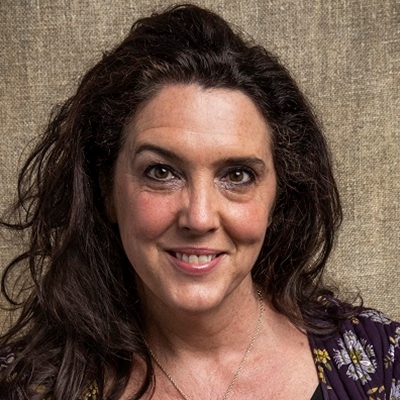
Event 9
A dialogue with the great Nigerian Nobel Laureate – poet, playwright and novelist. He talks about the rewriting of history, the making of language, culture wars, multiple identities and the storyteller’s duty to speak up. Chaired by Peter Florence.

Event 11
Tahmima Anam, Joumana Haddad, Miguel Syjuco and Bettany Hughes
The Writers’ Table
– Venue: Tolerance Majlis
From the intimate truths of fiction and poetry to the geopolitics of a volatile global reality, this is the first of a series of panel conversations in English and Arabic where writers respond to the audience's questions about the big issues of the day and reimagine the world.
Chaired by Mina Al Oraibi, editor-in-chief of The National.
Event 14
The award-winning novelist discusses her explorations of the turbulent emergence of Bangladeshi identity, culture and society in A Golden Age, The Good Muslim and The Bones of Grace. She talks to novelist Miguel Syjuco, professor at New York University Abu Dhabi (NYUAD).

Event 16
The Egyptian novelist discusses her writing and her heroic Palestine Festival of Literature (Palfest), celebrated in an anthology This is not a Border: Reportage and Reflection from the Palestine Festival of Literature. Soueif’s award-winning fiction includes In the Eye of the Sun and The Map of Love. Her non-fiction work includes Cairo: Memoir of a City Transformed.

Event 17
The Keralan polymath – diplomat, novelist and politician – talks about literature, comedy, technology and the new world order. He is author of The Great Indian Novel, Show Business, and the non-fiction works Inglorious Empire: What the British Did to India, The Paradoxical Prime Minister and The Elephant, The Tiger and the Cellphone. Anam is the British Bangladeshi author of The Bones of Grace.

Event 19
The second in our series of film and documentary screenings selected for Hay Festival Abu Dhabi by Sheyma Buali, Director of BBC Arabic Festival - the BBC News Arabic initiative platforming talented filmmakers and journalists whose work focuses on current issues in the region.
Iraq: A State of Mind is an award-winning BBC Arabic produced feature documentary (52') by Namak Khoshnaw. In the past 40 years Iraq has endured three major wars, a violent coup, two invasions, a decade of bombing, two insurgencies, attack by the so-called Islamic State group, and a sectarian civil war. Living through such relentless bloodshed has taken a heavy toll on the nation's mental health. There's only one psychiatrist for every 300,000 Iraqi people and just one psychiatric hospital in the entire country. This film tells the stories of children who, as a result of extreme trauma, are suffering a severe physical impairment such as the inability to talk or walk. A year in the making, this highly acclaimed BBC Arabic documentary has won two prestigious awards, the BUPA Mind Media Documentary Award and the Grierson Best Current Affairs Documentary Awards in 2019.
Free but ticketed
In partnership with BBC News Arabic
Event 20
The multi-award-winning historian presents The Anarchy, a cautionary tale of the rise of the East India Company, a vast and ruthless private army, and perpetrators of one of the most supreme acts of corporate violence in world history.
Dalrymple’s other books include In Xanadu, Nine Lives, The Return of a King and The Last Mughal.
Chaired by Carlo Pizzati, author, political analyst for la Stampa and professor of theory of communication at the Asian College of Journalism. His most recent memoir is Bending over Backwards (Harper Collins '19).
Event 21
A conversation about telling Iraq’s stories. Shahad al Rawi is author of The Baghdad Clock, winner of the First Novel Award at the Edinburgh Book Festival, she talks to Nezar Andary from Zayed University.

Event 22
The first Muslim woman and first Iranian citizen to receive the Nobel Peace Prize is a lawyer who, at age 23, also became one of the first women judges of the country, and at age 30, one of the first magistrates in Tehran. Currently exiled in London, she continues to work for human rights and democracy, carrying the message she expresses in her autobiography, Until We Are Free, to every place she visits. Chaired by Ahmed El Shamsy.
Consecutive Farsi to Arabic translation available
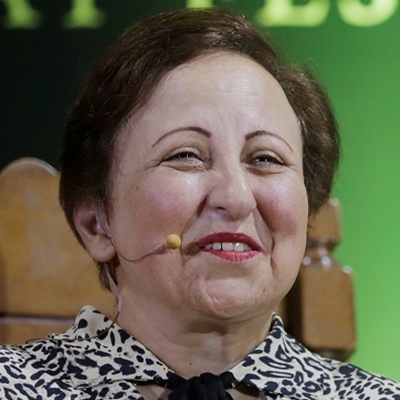
Event 23
Youssef Rakha is an Egyptian novelist and journalist who has worked for Al-Ahram Weekly since 1997. He co-founded the English language paper The National in Abu Dhabi in 2007–8 and in 2009 he was selected as one of the best Arab writers under 40, for the Beirut 39 project. His three novels are The Book of the Sultan's Seal, The Crocodiles and its sequel Paolo. The Book of the Sultan’s Seal was awarded the Saif Ghobash Banipal Prize for Arabic Literary Translation in 2015. Paolo is the eye-witness account of a man involved in the Egyptian 'revolutionary movement' since 2011, who shares his experiences of the period before the election of Morsi and the struggles going on behind the scenes but is not all he appears to be.
Lebanese editor, poet and novelist Joumana Haddad has published several widely acclaimed poetry collections, including I Did Not Commit Enough Errors, Lilith's Return, The Panther Hiding at the Base of her Shoulders, Bad Habits, and The Mirrors of Passers By. She was also selected for the Beirut 39 celebration. Her books have been translated into many languages and published internationally. Her first novel The Seamstress' Daughter is a beautiful and exacting examination of four generations of women across the last century in the Middle East.
Event 25
Lydia Wilson, Izzeldin Abuelaish, Kapka Kassabova, Shashi Tharoor and Nik Gowing
Writers’ Table 2
– Venue: Tolerance Majlis
From the intimate truths of fiction and poetry to the geopolitics of a volatile global reality, this is the second of a series of panel conversations in English and Arabic where writers respond to the audience's questions about the big issues of the day and reimagine the world. Chaired by international strategist and consultant Nik Gowing of Thinking the Unthinkable.
Event 27
The third and final session in our series of film and documentary screenings selected for Hay Festival Abu Dhabi by Sheyma Buali, Director of BBC Arabic Festival - the BBC News Arabic initiative platforming talented filmmakers and journalists whose work focuses on current issues in the region.
Though obviously devastating, the effects of war on humanity is never easy to quantify. In this Children After War session we see how war has affected young people. Loss of limbs for some, dreams of ulterior worlds for others, but always with endurance, stability and hope. These short fiction films are presented through animation, performance and the involvement of those who lived the events they recount.
Children of God, directed by Ahmed AlDaradji – 10’ (Iraq)
War Canister, directed by Yahya AlAlak – 10’ (Iraq)
Transit Game, directed by Anna Fahr – 18’ (Lebanon)
Baghdad Messi, directed by Sahim Omar Khalifa – 12’ (Iraq)
Ayny, directed Ahmed Saleh – 11’ (Palestine)
Free but ticketed
In partnership with BBC News Arabic
Event 28
In 1570, when it became clear she would never be gathered into the Catholic fold, Elizabeth I was excommunicated by the Pope. On the principle that 'my enemy’s enemy is my friend', this marked the beginning of an extraordinary English alignment with the Muslim powers fighting Catholic Spain in the Mediterranean, and of cultural, economic and political exchanges with the Arab world of a depth not again experienced until the modern age. The awareness of Islam that these trades and negotiations brought home found its way into many of the great cultural productions of the day, including most famously Marlowe’s Tamburlaine, and Shakespeare’s Titus Andronicus, Othello and The Merchant of Venice. Brotton shows that England’s relations with the Muslim world were far more extensive, and often more amicable, than we have appreciated, and that their influence was felt across the political, commercial and domestic landscape of Elizabethan England. Brotton is author of The Sultan and the Queen, The Renaissance Bazaar and The Sale of the Late King’s Goods.

Event 31
Islamic book culture dates back to late antiquity, when Muslim scholars began to write down their doctrines on parchment, papyrus, and paper and then to compose increasingly elaborate analyses of, and commentaries on, these ideas. Movable type was adopted in the Middle East only in the early 19th century, and it wasn’t until the second half of the century that the first works of classical Islamic religious scholarship were printed there. But from that moment on, University of Chicago academic Ahmed El Shamsy reveals, the technology of print transformed Islamic scholarship and Arabic literature.
In the first wide-ranging account of the effects of print and the publishing industry on Islamic scholarship, El Shamsy tells the fascinating story of how a small group of editors and intellectuals brought forgotten works of Islamic literature into print and defined what became the classical canon of Islamic thought.
Chaired by scholar and broadcaster Lydia Wilson.

Event 37
Izzeldin Abuelaish talks to Tom Fletcher
I Shall Not Hate: A Gaza Doctor's Journey on the Road to Peace and Human Dignity
– Venue: Tolerance Majlis
The Palestinian Canadian doctor’s three daughters were killed by Israeli shells on 16 January 2009, during the Israeli Defence Forces' incursion into the Gaza Strip. His response to this tragedy made news and won him humanitarian awards around the world. Instead of seeking revenge or sinking into hatred, Izzeldin Abuelaish called for the people in the region to start talking to each other.
Tom Fletcher is Professor of International Relations at New York University and author of The Naked Diplomat. He is Principal-elect of Hertford College, Oxford.

Event 38
The poet, playwright, performer and designer is one of the most celebrated contemporary creators in the UK for the wide-ranging nature of his work. He is a Member of the Royal Society of Literature and an ambassador for the Ministry of Stories, an organisation that fosters the potential of 8- to 18-year-olds as writers. After publishing four poetry books and receiving the Fringe First Prize at the Edinburgh International Theatre Festival for his first play The 14th Tale, Ellams sold out his run at the National Theatre and on the world tour with Barber Shop Chronicles. His most recent play, The Half God of Rainfall, a work in verse that mixes Greek, Nigerian and basketball mythology, opened in March 2019 to great critical acclaim. In addition to his intense graphic and literary output, Ellams has founded The Midnight Run, an urban tour from dusk to dawn, and RAP parties that combine poetry slam with urban music. He talks to Peter Florence about how his work crosses disciplines and themes, such as identity, migration and coexistence.

Event 39
Galai plays a prominent role in the Tunisian Human Rights League, an organisation that belongs to the Tunisian National Dialogue Quartet, which was awarded the 2015 Nobel Peace Prize. This association fights for the recognition of rights, and to make Tunisia after the 2011 Jasmine Revolution a de facto, free and transparent democracy. He continues his advocacy from 2018, striving for better relations between the countries around the Mediterranean and a more humane policy of the UN regarding war refugees. Lydia Wilson is a scholar and broadcaster.

Event 40
Hallie Rubenhold, Bernardine Evaristo, Kapka Kassabova, Inua Ellams
The Writers’ Table 3
– Venue: The Theatre
From the intimate truths of fiction and poetry to the geopolitics of a volatile global reality, this is the third of a series of panel conversations in English and Arabic where writers respond to the audience's questions about the big issues of the day and reimagine the world.
Chaired by Miguel Syjuco, Filipino novelist and professor at New York University Abu Dhabi (NYUAD).
